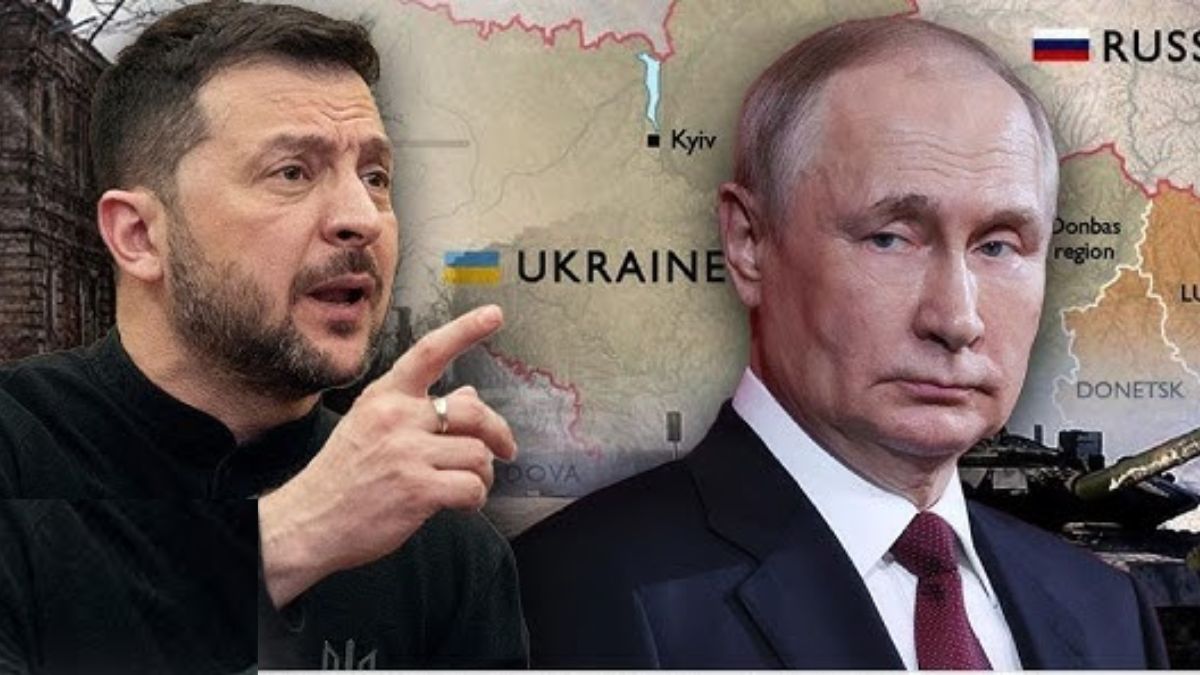In the steep lines of the largely stagnant front lines, Russia and Ukraine conflict is the depiction of a locked fierce battle. Now the conflict is not limited to territory, but at each other’s energy infrastructure. This shadow war, filled with political confrontation, drone strikes, sanctions could turn into a diplomatic distancing and could give rise to a battlefield in advance.
In recent days, and with Russia striking Ukraine, the conflict’s energy dimension has intensified rapidly. With the US and Europe announcing new sanctions on Russia’s oil sector- targeting Lukoil and Rosneft, the country’s two biggest oil producers and the financial backbone of the Kremlin’s war machine.
To sustain Russia’s military capabilities in Ukraine, US President Donald Trump has set up this punitive action against Moscow. Ukraine in response to this action has taken a decisive shift. It has launched what it calls “long-range sanction,” a series of drone strikes that have damaged dozens of Russian oil refineries over the past several months. The strikes were aimed at cutting Russia’s war funding and disrupting the fuel supplies, and force the Kremlin to divert resources toward repairing damage.
In response, Russia has been focusing on Ukraine’s electricity gas systems. Experts say that Moscow’s goal is clear, which is to cripple the power grid of Ukraine, freeze cities and erode public morale. By recent attacks, Russia is trying to turn the Ukrainian winter into a weapon.
While talks for the mediation are in process, the energy offensive war is escalating in no time. Both sides see them as tools to break the military stalemate that has dragged for nearly four years. Negotiations remain stalled igniting the situation on the battlefield.
In the coming months, the winter war is likely to escalate giving rise to the energy war. Sparse vegetation, freezing temperatures, and logistical difficulties will limit troop movements, making energy infrastructure both a strategic and symbolic target.
Impact Shorts
More ShortsAccording to The New York Times, A former European Union diplomat in Kyiv who now works for R. Politik, a political analysis firm, Balazs Jarabik said the new US sanctions on Russia’s two biggest oil companies, Lukoil and Rosneft, were most likely a response to the Russian campaign against Ukraine’s power grid.
Rosneft and Lukoil together account for half of Russia’s oil export, which generates hundreds of millions of dollars a day. Losing that avenue would hinder Russia’s ability to replace battlefield losses.
)